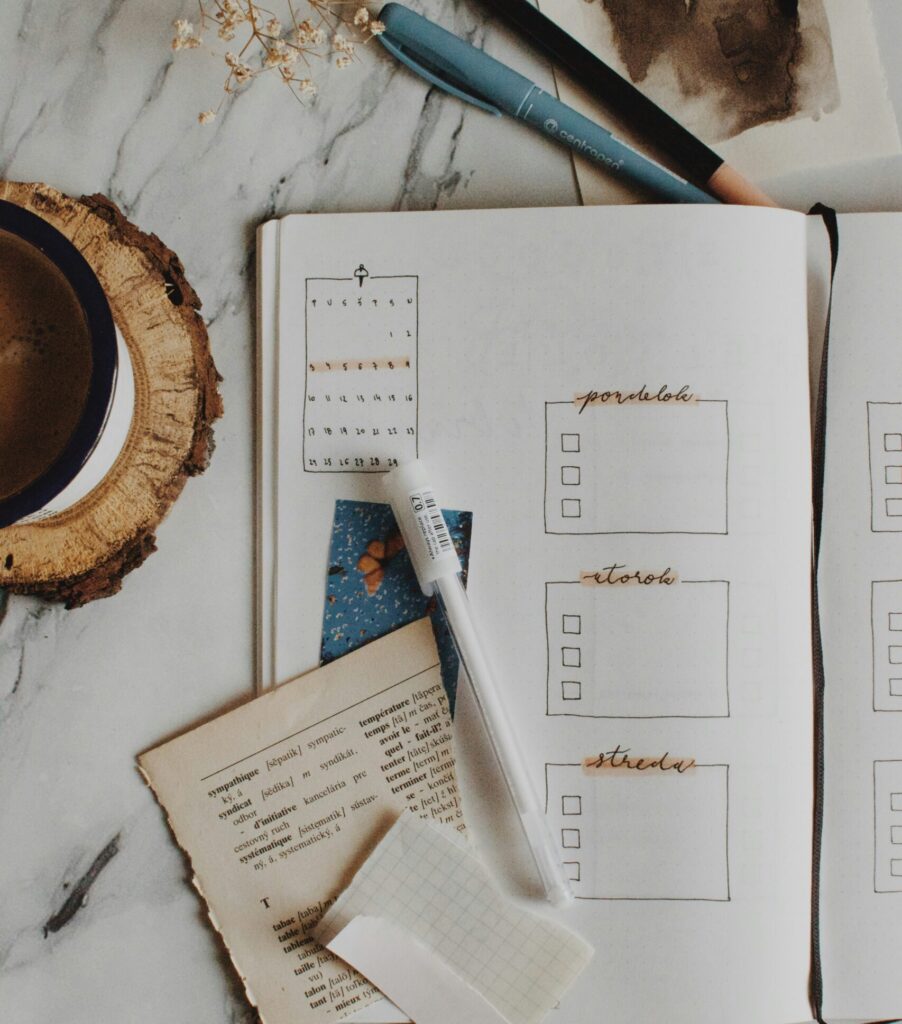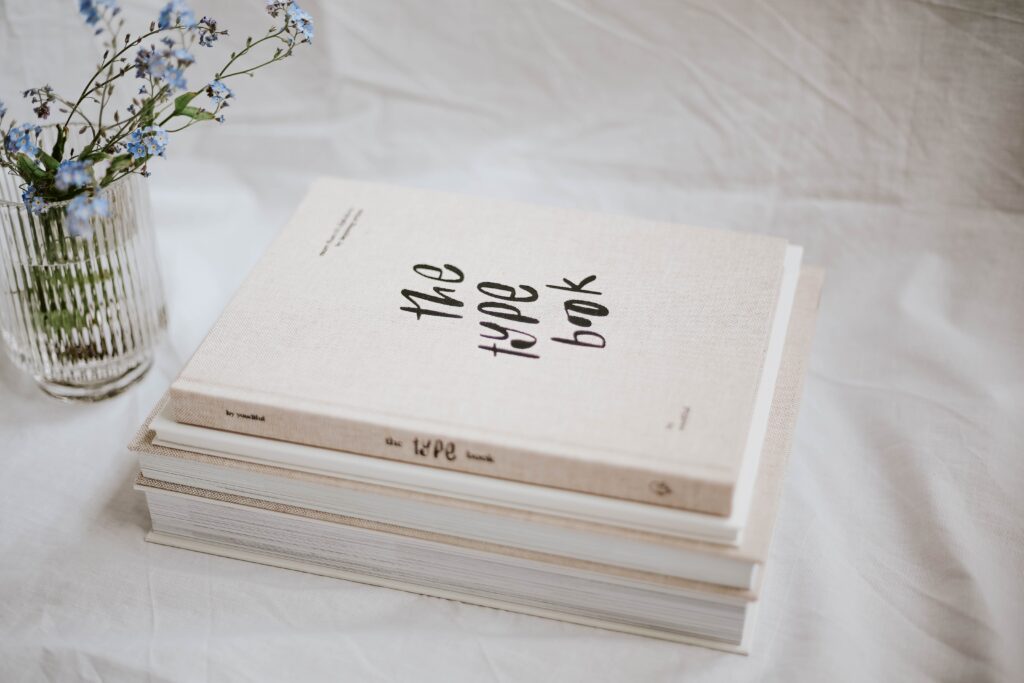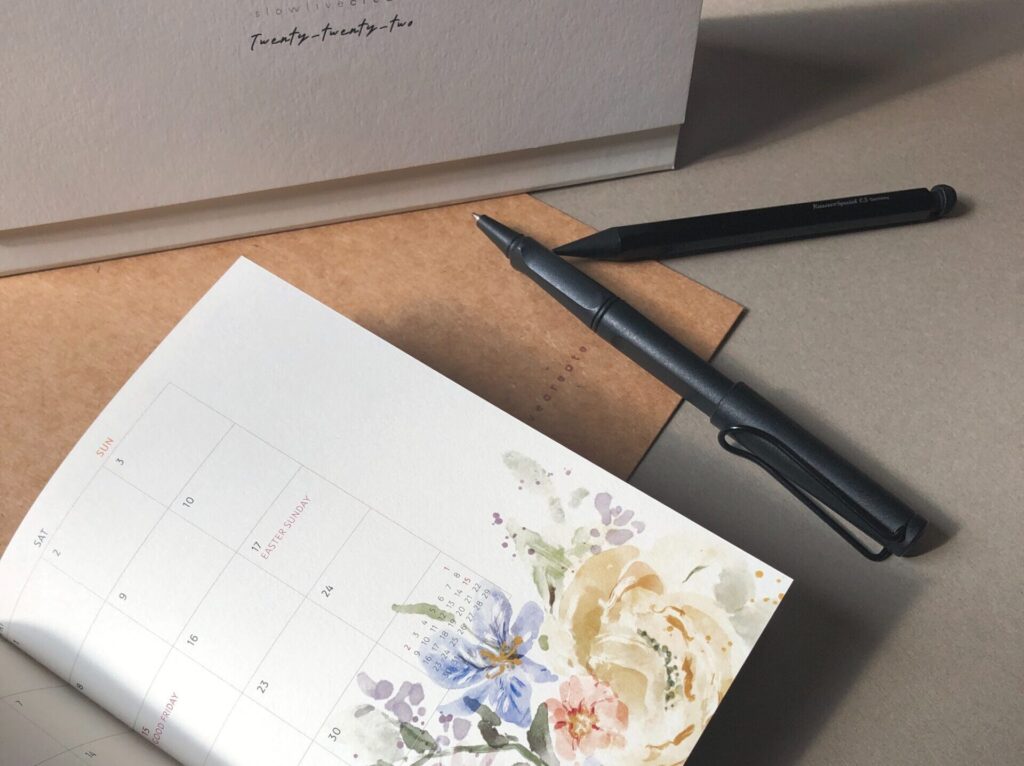Ever wondered if journaling is more than just writing “Dear Diary”?
Journal practice goes beyond simply filling pages with random thoughts or venting about your days—it’s a profound tool that can bring a positive shift in your life.
But how do you know if it’s actually paying off?
For many of us, daily journaling is a means of coping with life’s difficulties. However, with time, it evolves into an intensive practice. The subtle shifts it brings may go unnoticed at first. But as the habit takes root, these changes become undeniable, much like those times when you feel a little lighter, a bit more focused, or suddenly grateful for the small things, which are all signs your journal practice is working.
Whether you’re new to journaling or have been at it for a while, as you notice these subtle yet significant signs, you’ll learn that your daily journaling is not just a routine but a process that nurtures growth, mindfulness, and well-being.
Just a quick heads up – Some of the links here on this blog are affiliate links. As an Amazon Associate, if you purchase anything through these links at no extra cost to you, I may earn a commission.
Signs Your Journal Practice is Bringing Positive Changes in Your Life
1. You Have Improved Emotional Intelligence
Our emotions often go unnoticed in the rush of daily life. But when you sit for journaling practice, you begin a quiet conversation with yourself, giving your abstract feelings a concrete word, making them easier to understand.
A regular record of your thoughts and experiences fosters deeper insights into your inner conflicts, allowing you to notice a pattern that stands out. Over time, journaling becomes more than a routine that enhances your emotional intelligence by helping you navigate the intricate emotions steering your life.
For instance, let’s say you’ve been repeatedly feeling drained after spending time with this particular friend or at a certain place and you often feel upset or down. Through journaling, you have discovered that this friend tends to be negative or that the place stirs up unpleasant memories. After learning these triggers, you set boundaries with that friend or avoid that place to protect your emotional well-being.
How These 7 Personal Boundaries Can Shield Your Emotional and Mental Well-Being
Image credit to Julia Kikova
2. You Feel More Relaxed and Less Overwhelmed by Daily Stressors
Sometimes, our emotions are like wild raves, roaring with intensity one moment and then plunging into the stillness.
When you commit to this reflective practice, it does more than just record your daily trials. It gives you a fresh perspective by externalizing your thoughts, gaining a new vantage point on the challenge or any pesky stressors that can transform them from seemingly impossible obstacles into manageable tasks.
For example, when a looming project deadline at work feels like an unconquerable mountain, journaling helps you break the task into small steps and prioritize them effectively. When you write about your fear of not meeting the expectation, it clarifies what you could control and need to let go of.
With this habit of daily reflection and observing patterns in stress triggers, you can notice that addressing your anxieties in writing helps you approach them with a calmer mind. You see the progress in managing tasks and feel less overwhelmed and more in control.
3. You Become More Accepting of Yourself
Journaling is a place where you can confront your innermost thoughts and feelings. It gives you space to explore who you truly are, without being judged.
Through journal practice, you can see your everyday routine in a series of isolated events that make you recognize the growth that has come from overcoming challenges
Sometimes you realize it’s just you and your journal and the realization that you’ve been complaining about the same thing for weeks. Take, for example, at first, writing in my diary was just a vent session of lamenting about how my procrastination rants kept popping up and how I could never seem to get things done on time. Yet eventually I learned that even though I leave things until the last minute, I always pull through in the end.
Journaling helped me see the pattern and instead of beating myself up for this, I learned to work with it and choose to replace self-criticism with self-compassion that builds a narrative of resilience and growth.
Image credit to pure julia on Unsplash
4. Your Thoughts and Ideas are More Organized and Structured
When you’re devoted to regular journal practice, your overwhelming mess of emotions begins to organize itself.
By going over your past entries, you can notice how your thoughts and ideas have matured, and others have been improved. This ongoing reflection fosters a deeper understanding of your emotions turning the mental clutter into something resembling a coherent thought process.
What once felt like a chaotic cascade of thoughts now settles into a clear, navigating stream. Gradually, this practice fosters mental discipline that lets you approach your thoughts mindfully, mapping out them in a way that makes them easier to understand and act upon.
5. You are Better at Sticking to Your Commitments and Goals
The act of putting down your intentions and goals creates a tangible record of what you strive to achieve; transforming abstract desires into concrete plans.
This practice strengthens accountability, as each written goal serves as a personal commitment to yourself that demands attention and follow-through. This accountability fundamentally shifts your approach to your objectives.
Journal practice imposes a structured framework of your objectives. As you are not merely setting goals but actively engaging with them—nurturing a strong sense of responsibility and discipline. These ongoing interaction with our goals through journaling reinforces your commitment, despite any distractions.
6. You Noticed a Shift Towards a More Positive Outlook
Grounded in the practice of reflection, gratitude journaling offers a clear view of positive threads that run through our experiences. But it’s not merely about being sunshine-spouting optimists, rather, more about reshaping our perception to engage with everything around us.
At first, journaling might feel like searching for something good in a sea of mundane, but in time your gratitude radar tunes in.
Instead of being trapped in a never-ending loop of grumbling about tiny annoyances, you start to romanticize daily mundane moments as well. And over time, this habit brings a more optimistic approach to life’s inevitable ups and downs.
10 Ways to Romanticize Mundane Moments and Cultivate More Contentment in Your Day
Image credit to Prophsee Journal on Unsplash
7. You Find it Easier to Focus and Think Through Problems
Your head sometimes can become like a cluttered attic, jam-packed with random thoughts, unresolved emotions, and a ceaseless buzz of distractions, making it hard to get through stuff. This mental mess not only hinders your ability to concentrate but also makes it challenging to tackle problems with depth and precision.
When you delve into all your concerns in writing, it serves as a mental purge session. It clears out the noise and allows your thoughts to be organized into a coherent structure.
By doing so, you can externalize your issues and confront them more effectively and as a result, this clarity significantly improves your focus and thinking through problems—making it easier to direct your mental energy toward daily tasks and tough challenges.
8. You Noticed Increased Flow of Creative Ideas and solution to Problems
The freedom journaling provides is like a blank canvas, where thoughts and ideas flow in without boundaries. Journal practice creates an open space to explore ideas and express yourself unburdened by the constraints of external judgment or the rigidity of structured formats.
This open, unrestricted space encourages a continuous flow of creativity, and plunging into thought flow that inspires innovative breakthroughs. And it’s in this unstructured space the best ideas seem to emerge whether you are doodling, brainstorming ideas or just letting your mind wander.
Other Positive Signs
- You find yourself communicating more effectively with others.
- You can better understand others’ perspectives and feelings.
- Your physical symptoms of stress are lower, like headaches and tension.
- You gain deeper insights and perspective on your life and experiences.
- You organize your time more effectively and meet deadlines.
More Than a Place to Write In
Journaling is not just about recording events but rather a well-structured routine that brings a positive impact.
If you are seeing these signs, celebrate the progress you have made, and keep nurturing this habit, as it helps deepen your emotional awareness and cultivate a healthier and mindful life.





